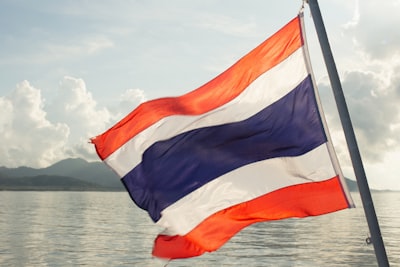Thailand’s recent reversal on marijuana decriminalization is more than a political volte-face—it’s a microcosm of the world’s conflicted stance on cannabis reform.
What Changed, and Why Now?
Thailand made history in 2022 by becoming the first Asian nation to decriminalize marijuana, sparking a flurry of business activity and offering new freedoms to users and entrepreneurs. The change was hailed as a bold step towards progressive drug policy, positioning Thailand as a regional trailblazer. But a backlash, fueled by concerns over social disorder, under-regulation, and the visible proliferation of cannabis shops—many targeting tourists—has rapidly shifted public and political sentiment. Now, authorities are proposing stringent controls, refocusing marijuana use strictly for medical purposes.
The Heart of the Controversy
- Societal Fears vs. Economic Hopes: While tourist dollars and new jobs gave a short-term boost, local communities voiced fears over youth exposure, unregulated marketing, and the lack of public health safeguards.
- Political Motives: The move also reflects shifting political winds, with conservative factions seeing an opportunity to reassert influence and address fears among more traditional voters.
| Pros of Decriminalization | Cons of Decriminalization |
|---|---|
| Rapid economic benefits | Insufficient regulation |
| Medical innovation | Possible public health impacts |
| Criminal justice reform | Community pushback |
Broader Implications
Thailand’s original leap—and rapid retreat—holds lessons for countries considering similar reforms. Without robust regulation and public education, liberalization can backfire, stirring social instability and undermining intended benefits. This episode also spotlights the tension between catering to tourists and protecting residents, a dilemma familiar to many global cities.
Surprisingly, Thailand remains a test case for how swiftly public policy—and public opinion—can pivot when the guardrails around reform are weak. The move signals a shift back to conservatism but keeps the door open for a future, more measured approach to drug policy reform, especially as regional peers watch closely.
This article was inspired by the headline: 'Thailand reverses course on decriminalized marijuana - The Washington Post'.

Comments
No comments yet. Be the first to comment!